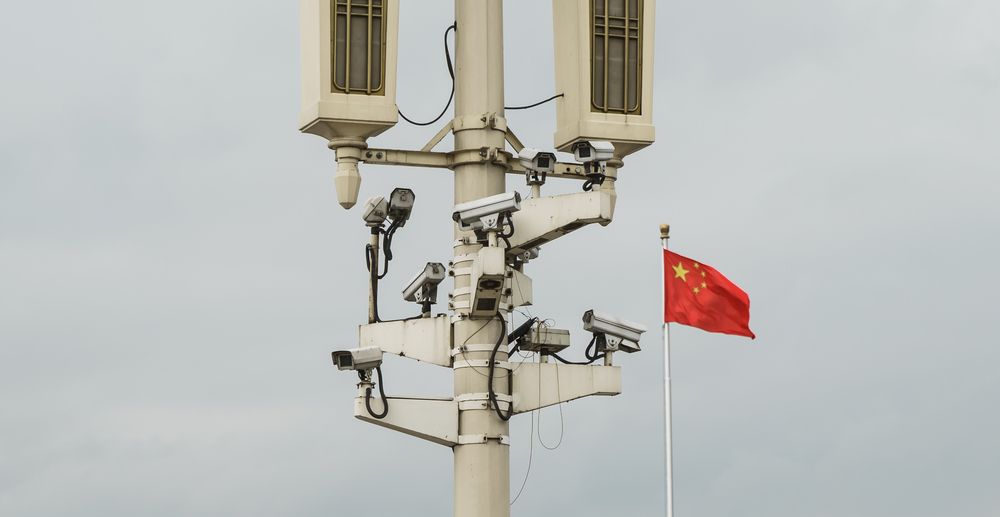Tourists with Android phones are having their devices taken away by Chinese border patrol agents who then snoop on their contents. Could new blockchain technology be the best defense against these practices?
Local Muslims are being forced to install system-searching software on their mobile devices on top of dealing with facial-recognition cameras around their living spaces. Many top publications including The Guardian and The Verge have reported on the story after investigating it for quite some time.

Non-Optional Surveillance
Apparently, when travelers are going through the Chinese border patrol process, workers are taking their phones and other devices into a separate room before returning them later on. The patrol puts iPhone devices into a scanner, but Android phones have an entire application installed. In both cases, Chinese guards are looking into your contacts, text history, and social media usernames. That information then sits on a server, while workers delete the application and return the device. However, sometimes they forget to do so, which is how news of the app came about. No one knows exactly what they’re doing with this data, but it would be possible to find someone’s place of residence among other things thanks to it. This practice isn’t happening anywhere else in China — just in the Xinjiang region. The Chinese government claims this is to increase security, but nobody wants border patrol agents snooping through their data. One traveler speaking to The Guardian hypothesized, “There was another checkpoint about two hours away and I was thinking that maybe they had downloaded things and they would have all of their analysts going through it all while we were traveling, and then maybe they [would] send people back when they got to the next place.”
A Zero-Knowledge Blockchain Solution
The violations in China are quite unreal. Local communities are already under a gross amount of surveillance. Why should random passerby be as well? This is where zero-knowledge blockchain technology can come into play. Such technology is a way to verify information without storing or seeing what it is. In the blockchain space, this technology goes by the name zk-STARK. It ensures that transactions can be verified without revealing the information within. When it comes to the Chinese border patrol, this technology could apply to the scanning process. For example, a user could keep private their sensitive data like texts and financials, but it would all have the protection of a blockchain network with zk-STARK technology built-in. From here, Chinese guards could take the phone, scan for whatever it is they’re looking for, but without getting into data and violating the privacy of the traveler. The ‘zero-knowledge’ moniker has never been more literal here. Do you think blockchain technology can help fight back against non-consensual surveillance? Let us know your thoughts in the comments below.Disclaimer
In adherence to the Trust Project guidelines, BeInCrypto is committed to unbiased, transparent reporting. This news article aims to provide accurate, timely information. However, readers are advised to verify facts independently and consult with a professional before making any decisions based on this content. Please note that our Terms and Conditions, Privacy Policy, and Disclaimers have been updated.

Max Moeller
Max is a cryptocurrency journalist with an affinity for games and emerging technology. After leaving school to start a writing career, he wrote his first article on blockchain and fell down the rabbit hole. Since starting in 2017, Max has worked with multiple blockchain startups and crypto enthusiast spaces, doing his best to educate the world on the nascent technology. Max has been published in various blockchain and crypto related magazines before settling down at BeInCrypto to focus on...
Max is a cryptocurrency journalist with an affinity for games and emerging technology. After leaving school to start a writing career, he wrote his first article on blockchain and fell down the rabbit hole. Since starting in 2017, Max has worked with multiple blockchain startups and crypto enthusiast spaces, doing his best to educate the world on the nascent technology. Max has been published in various blockchain and crypto related magazines before settling down at BeInCrypto to focus on...
READ FULL BIO
Sponsored
Sponsored

